How to Train Your Sheltie
Shelties make dog training easy because they're intelligent and eager dogs. But problems can arise if you miscommunicate. Here's some expert advice on dog psychology and essential obedience training.

How to Housetrain a Sheltie Puppy
House training a Sheltie puppy is a two-stage process. Start indoors by teaching him to pee and poop on training pads, then at 4 months transition the business outside.

How to Clicker Train Your Sheltie
Clicker training is ideal for Shelties learning obedience, tricks, and agility. It's a gentle training method that uses psychological conditioning.
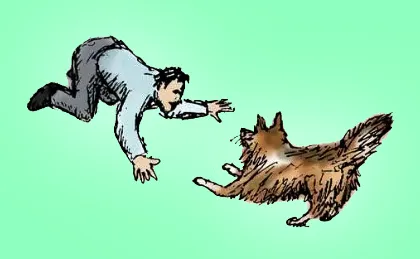
Cool Games for Shelties
Many dogs love to play fetch or tug-of-war, but Shelties are far more idiosyncratic. Here are some fun games for Shelties that reward their herding instinct.
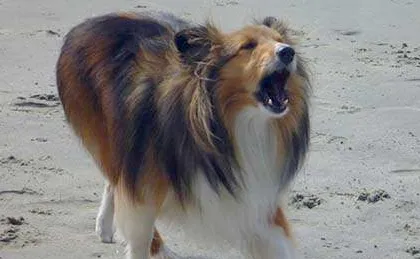
How to Stop Your Sheltie Barking
Behavioral problems aside, the best way to stop your Sheltie barking is to fill her life with productive outlets for her energy: agility, tricks, obedience, chew toys, games, and exercise.

How to Teach Your Sheltie to Swim
Swimming is great exercise for Shelties that doesn't strain the joints. But how do you get them in the ocean? Here's how to desensitize Shelties to water in baby steps.
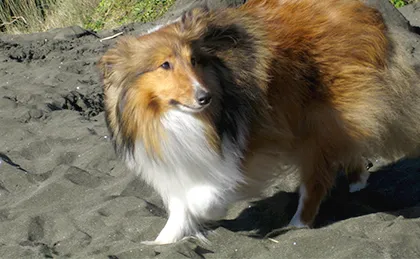
How to Socialize a Shy Sheltie
Shelties can shy dogs if they aren't well socialized as puppies. Missing this window is a huge loss for a Sheltie, but there are ways to help minimize his anxiety.

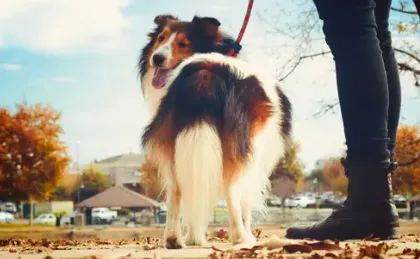
Overcoming Fear of Leash Walking
Some Shelties develop a serious fear of leash walking, creating neurotic behavior when it's time for a walk. Here are 7 steps to overcome her fear of the leash.

Separation Anxiety in Shelties
Separation anxiety can be a real problem for sensitive Shelties. When you leave for work, your dog fall into a state of anxiety which intensifies without your return.
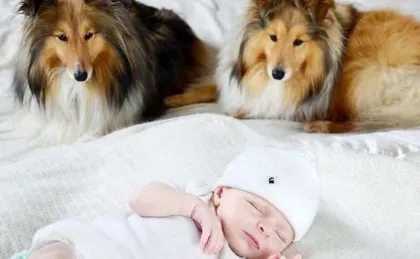
Introducing a Sheltie to a Newborn Baby
It's natural to be apprehensive when you bring a newborn baby home. Your whole life will change, especially if this is your first child. And having pets around can shake things up that extra bit..
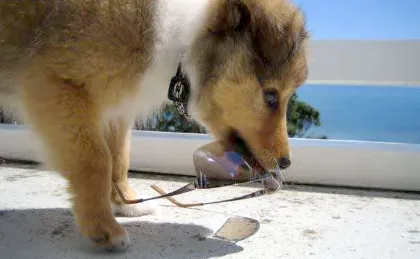
How to Stop Destructive Chewing
Puppies find chewing a very satisfying activity, particularly while their teeth are coming through. The trick is to teach them what is and isn't acceptable for chewing.
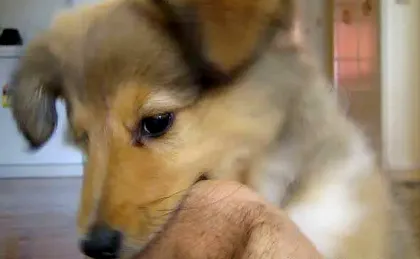
Nipping and Play Biting in Puppies
Nipping and play biting is normal in puppies but can be an issue in older dogs who haven't learned bite inhibition.
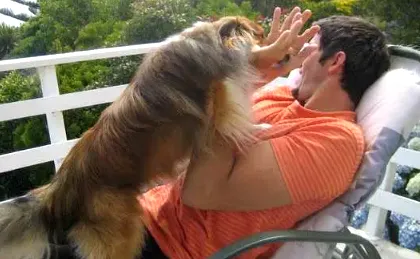
How to Stop Your Sheltie Jumping
Is your Sheltie jumping up to greet you when you come home? Does he try to get in the face of house guests? Here's how to curb this behavior.

How to Deal with Aggression in Shelties
The first dogs evolved from wolves around 20,000-40,000 years ago, and despite a long history of domestication, all dogs retain some aggressive instinct from their wild ancestry.

Shelties vs The Dog Whisperer
Here's what I learned from Rana the Sheltie's rehabilitation sessions with alpha-dog proponent, Cesar Millan..
